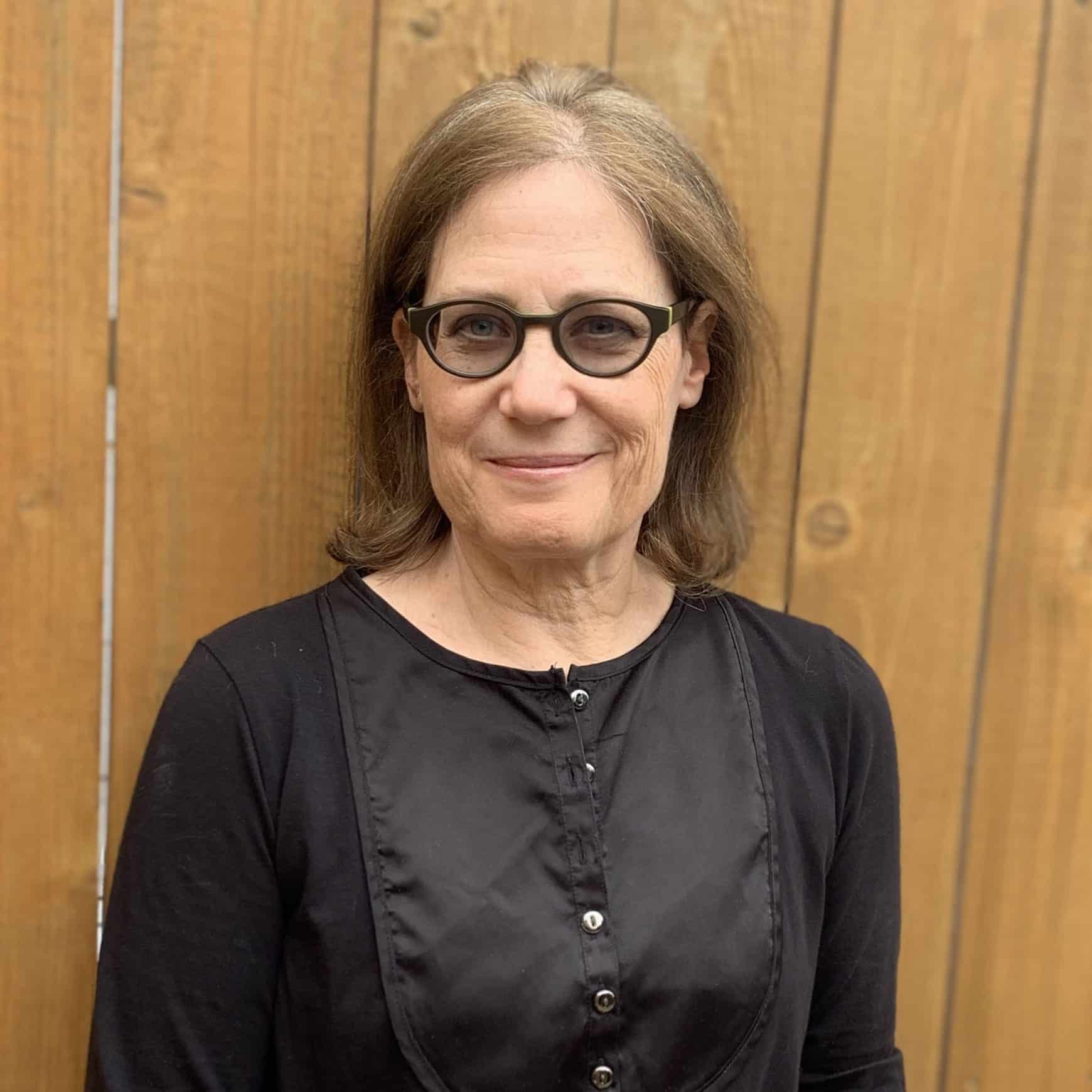A progressive and fatal neurological disease, Huntington’s disease affects the entire brain. It’s “a constellation of three types of issues: motor, cognitive and psychiatric,” says Danny Bega, MD, a neurologist and director of Northwestern Memorial Hospital’s Huntington’s disease clinic.
There are no curative or preventive therapies, but there has been “an explosion of research in the last few years,” Bega says. Currently, multiple drugs are in clinical trials at Northwestern and around the country, aiming to slow progression of the disease.
Huntington’s is characterized by hyperkinetic movements, cognitive issues that can develop into dementia, and psychiatric symptoms such as depression, suicidal thoughts and angry outbursts. It runs in families — a child who inherits the gene from either parent has a 50% chance of developing the disease. Symptoms usually emerge between ages 30 and 50, although children and teens at risk can develop juvenile Huntington’s.
For information on the latest clinical trials for Huntington’s disease, visit hdtrialfinder.org. Until new drugs are available, Bega explains, the best option is to work closely with a neurologist and other specialists to control symptoms, maintain good nutrition and live a healthy lifestyle.

Ronit Rose is a freelance writer, based in Chicago. She has a special interest in health, healthcare and preventive medicine.












